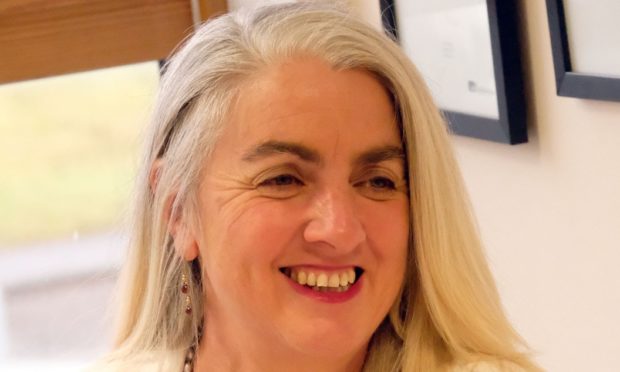Communities sickened by the growing problem of dirty camping blighting many rural areas are joining forces to call for tougher action.
Stop Trashing Scotland has been formed to unite people across the country who have seen a rise in irresponsible campers leaving “shanty towns” of abandoned tents, litter and waste.
They say the situation has reached a “tipping point” with an annual issue exploding this year as lockdown restrictions eased, leaving beaches, forests, laybys, crofting areas and ancient monument sites strewn with rubbish and human excrement.
There are also fears that unregulated visitors are causing a potential Covid-19 risk in rural communities with no track and trace scheme possible, while also driving away other visitors.
Stop Trashing Scotland was set up by Arisaig businesswoman Anne Widdop who wants a ban on “car camping”, where people camp where they stop, and more education and facilities to protect rural areas.
She said: “It’s got to the point where we’ve had enough. This is how to introduce a deadly virus into a Highland community, let a bunch of folk with unsanitary conditions and no track and trace camp and destroy the area.
“Starting the weekend of July 11-12, lockdown lifted a little and the beaches turned into a shanty town of tents.”
She said that weekend, 42 tents appeared on Morar beach, while cars and campervans blocked the road and rubbish was dumped, destroying the marram grass and “wreaking havoc” on the pristine sand.
“This is the wholesale desecration of an internationally important habitat and it is happening across Scotland. Responsible, sensitive visitors are saying they don’t want to come back here.”
Ms Widdop, former chairwoman of the Helix project that created the Falkirk Kelpies, said groups from Orkney to Glasgow have already joined the campaign.
She added: “We will have a stronger voice together and we hope to force the politicians to do something.
“There needs to be a ban on people car camping and for police to take action and move them on. But we also need a commitment from government to give rural communities money to build infrastructure and enable them to police it as well.”
She said a solution would be to have designated wild camping sites with people having to register and be issued with permits.
Also part of the group is David McBain, chairman of Historic Assynt, which looks after the scheduled monuments Calda House and Ardvreck Castle, where barriers have been erected and a ditch dug to thwart campers.
However, he said tents have been pitched under the walls of Calda House and on top of the castle vault.
Mr McBain said: “This year has just been horrendous. It’s like someone has let all the lunatics out of the asylum.
“People are using the walls of the building as a toilet then picking up stones from a 500-year-old ruin to cover it.
“These are complete irresponsible morons. I’d like to see police charging them to set a very public example.
“When you get a united voice across the country saying ‘enough’ then perhaps MPs and MSPs will do the job they are paid for.”
Police Scotland is encouraging people to report issues including antisocial behaviour and dangerous parking.
Wildlife crime coordinator Alan Dron said informal camping must be carried out responsibly, adding: “Access rights are not an excuse for anti-social or illegal behaviour and where possible, officers from Police Scotland will take appropriate action in order to clamp down on this inexcusable, inconsiderate and unnecessary behaviour.”
The Scottish Government said it is aware of incidents of littering, antisocial behaviour and damage to the environment since lockdown restrictions eased and said this behaviour is completely unacceptable, and disrespectful to local communities.
A spokeswoman said: “Many are enjoying the opportunity to get outdoors after so many weeks spent close to home – and are doing so responsibly – but clearly a small minority of people are spoiling this for others, endangering themselves, nearby communities and our environment.”
A Scottish Government spokeswoman stressed that Highland Council had already received a “fair share” of funding made available to help local authorities through lockdown.
She said: “We are aware of a number of incidents of littering, anti-social behaviour and damage to our natural environment since lockdown restrictions began to ease and are clear that this behaviour is completely unacceptable, and disrespectful to local communities.
“We have taken exceptional measures in every area of government as we deal with the challenges of Covid-19 – and that is particularly clear in our support for local services.
“To date, the Scottish Government has committed almost £330 million of additional funding to local government, of which Highland Council will receive a fair share.”
